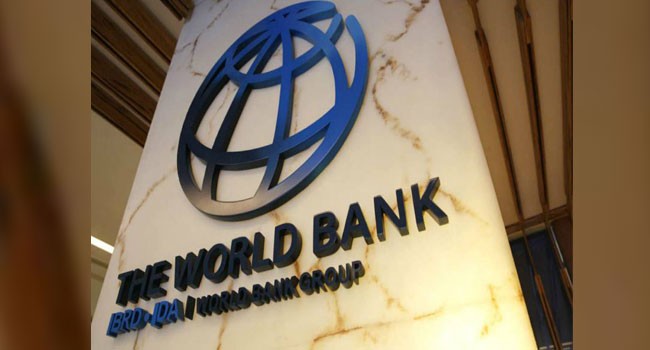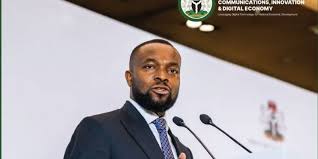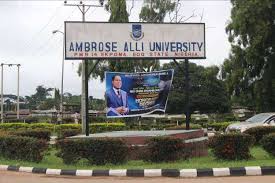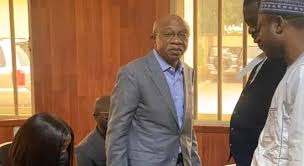
The World Bank Group has launched a major new agricultural initiative called “AgriConnect”, aimed at transforming smallholder farming from subsistence-level production to sustainable surplus generation and economic growth.
The announcement was made by World Bank President, Ajay Banga, on Friday during the 2025 Annual Meetings of the International Monetary Fund (IMF) and the World Bank Group in Washington, D.C.
Banga described AgriConnect as the bank’s flagship effort to make small-scale agriculture a “driver of lasting growth, jobs, and food security”, particularly across developing nations.
“AgriConnect is designed to turn smallholder farming into an engine of lasting growth, jobs, and food security,” he said. “It builds on the cooperative ecosystem, integrating financing for farmers and SMEs, linking producers to markets, and harnessing digital tools like artificial intelligence.”
$14 Billion Commitment to Agricultural Transformation
Under the initiative, the World Bank will double its annual agribusiness financing to $9 billion and mobilise an additional $5 billion in private investment, bringing total yearly support for the agricultural sector to $14 billion.
Banga noted that AgriConnect will leverage digital innovation, strengthen agricultural value chains, and ensure farmers gain better market access. The initiative also aims to reduce post-harvest losses and encourage sustainable farming practices.
He added that the World Bank Group is finalising a new minerals and mining strategy to help resource-rich nations move beyond raw material exports toward processing, manufacturing, and value addition.
“The goal is to keep more value and more jobs local,” Banga said. “We expect to share this strategy in the coming months.”
Country-Specific Development Frameworks
To ensure the success of AgriConnect and related programmes, Banga explained that each participating nation will develop a Country Partnership Framework (CPF), a long-term strategy co-created by the World Bank, national authorities, and technical experts.
“Each framework aligns the full capacity of the World Bank Group’s institutions around a focused set of priorities,” he said. “These priorities will differ by country whether that means building full mineral value chains, developing eco-tourism, strengthening healthcare systems, or expanding agribusiness ecosystems.”
According to Banga, while each country’s path will be unique, the core fundamentals remain the same: investing in infrastructure, establishing clear and predictable regulations, and encouraging private investment.
Private Sector at the Core of Development
The World Bank president emphasised that unlocking the power of the private sector remains central to achieving scale and impact in global development.
“To reach scale and free up resources for the toughest challenges, we must unleash private capital,” Banga said. “That’s why we’re breaking down barriers to investment and creating conditions where private enterprise can deliver real development impact.”



